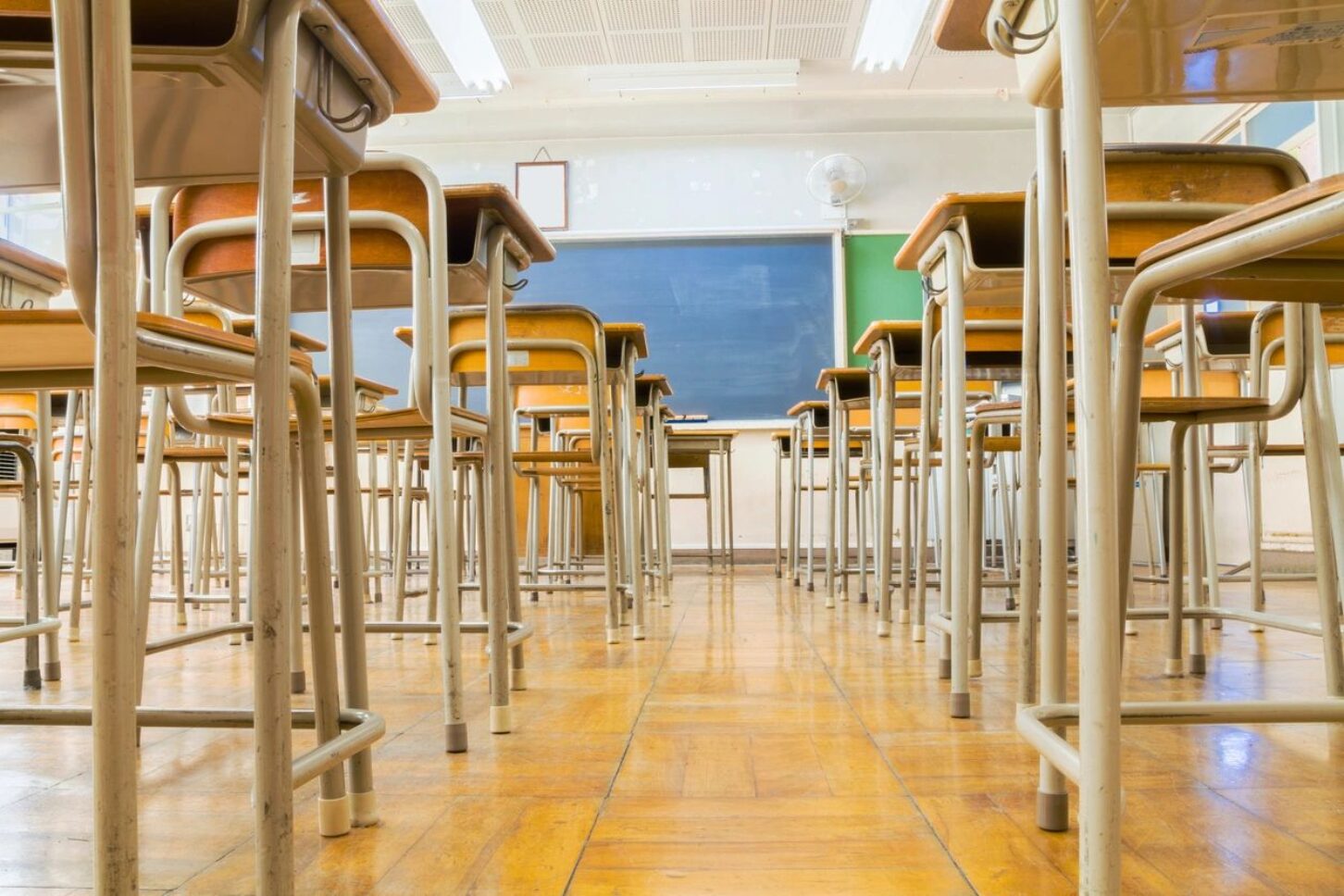
Recently I asked my 14-year-old son to identify the biggest problem at the public school that he attends in Wake County, N.C.
He didn’t hesitate.
“People who pay with cash or check in the lunch line,” he said. He explained that it takes longer for the cashier to process the transaction when students use cash or a check, rather than the automated system, to pay for their meal. Apparently, nothing irks him more than retail transactions that delay the gratification of consuming a lukewarm and rarely satisfying school cafeteria lunch.
Unlike fussy teenagers, adults tend to focus on the big picture. Since 1969, education organization Phi Delta Kappa has asked a random national sample of adults to identify the biggest problem facing public schools in their community. In 2019, a plurality of respondents, a mere 25%, said that “lack of funding” was the biggest problem, and 36% of teachers agreed. Funding concerns have topped the list for 18 straight years.
Back in 2017, when Phi Delta Kappa posed their national survey questions to a sample of Georgia residents, Georgians were less likely to say that money was the biggest problem for schools. Participants voiced their concerns about student discipline, teacher quality, standards and parental involvement. The percentage of Georgians who believed that lack of student discipline was the biggest problem was 6 percentage points higher than the national average. Lack of good teachers and lack of parental involvement were each 5 percentage points higher than the national average.
In my opinion, these responses suggest that the average Georgian is smarter than the average American.
It is important to note that few adults or teachers said that the top problems facing public schools were school choice, school violence, non-English speaking students, or racial segregation and discrimination. That is not to say that respondents dismiss these issues or discount their importance to public school reform efforts. Instead, it is a reminder that the problems that often get the most attention in the media are not paramount in the minds of adults. For modern Americans, money is.
Before “lack of funding” began its run in 2002, respondents offered a variety of answers to the Phi Delta Kappa poll question. Until the mid-1980s, “lack of discipline” was the most popular answer. Social and political conflict, combined with changes to instructional and disciplinary practices, led to the perception that America’s public schools lacked order. Today, only 6% of adults polled believed that it was the biggest problem facing public schools. (Unsurprisingly, 13% of teachers cited student behavior as their top concern.)
Between 1986 and 1992, “use of drugs” was the primary concern of those polled, undoubtedly fueled by First Lady Nancy Reagan’s ubiquitous “Just Say No” campaign and media reports of the Latin American drug trade. With the prevalence of e-cigarette use in schools, one might suspect that more than 3% of 2019 respondents would perceive that as “use of drugs” and as the most critical problem: The Centers for Disease Control and Prevention estimates that over 3.6 million middle and high school students used e-cigarettes in 2018, a sharp increase from the year before.
Between 1993 and 2001, responses varied from year to year.
Why have concerns about funding dominated the poll question in recent years? Phi Delta Kappa points out that around six out of 10 adults believe that there is a strong relationship between resources and school quality. But that only partly explains why perceived lack of funding is such a concern. After all, the idea that resources are tied to quality is not embraced by all, particularly those who observe well-funded public schools post disappointing test scores year after year.
While adults support increasing resources for public schools to propel improvement, Phi Delta Kappa finds that they are not necessarily willing to pay higher taxes to tackle the problem. Proposed support for increasing revenue to public schools is strongest for cuts to existing government programs and sin taxes, including the utilization of revenue from state lotteries, taxes on legal recreational marijuana, and taxes on sports gambling.
Public opinion on lunch line transactions, public school funding and other critical matters is not a suitable guide to the creation of sound public policy because polls often exclude descriptions of trade-offs, opportunity costs, and implementation challenges. Nevertheless, polls may be useful for understanding priorities and perceptions that inform the behavior of voters and elected officials. The tension between effective public policy and voter preferences is one reason legislative action often falls short of expectations.